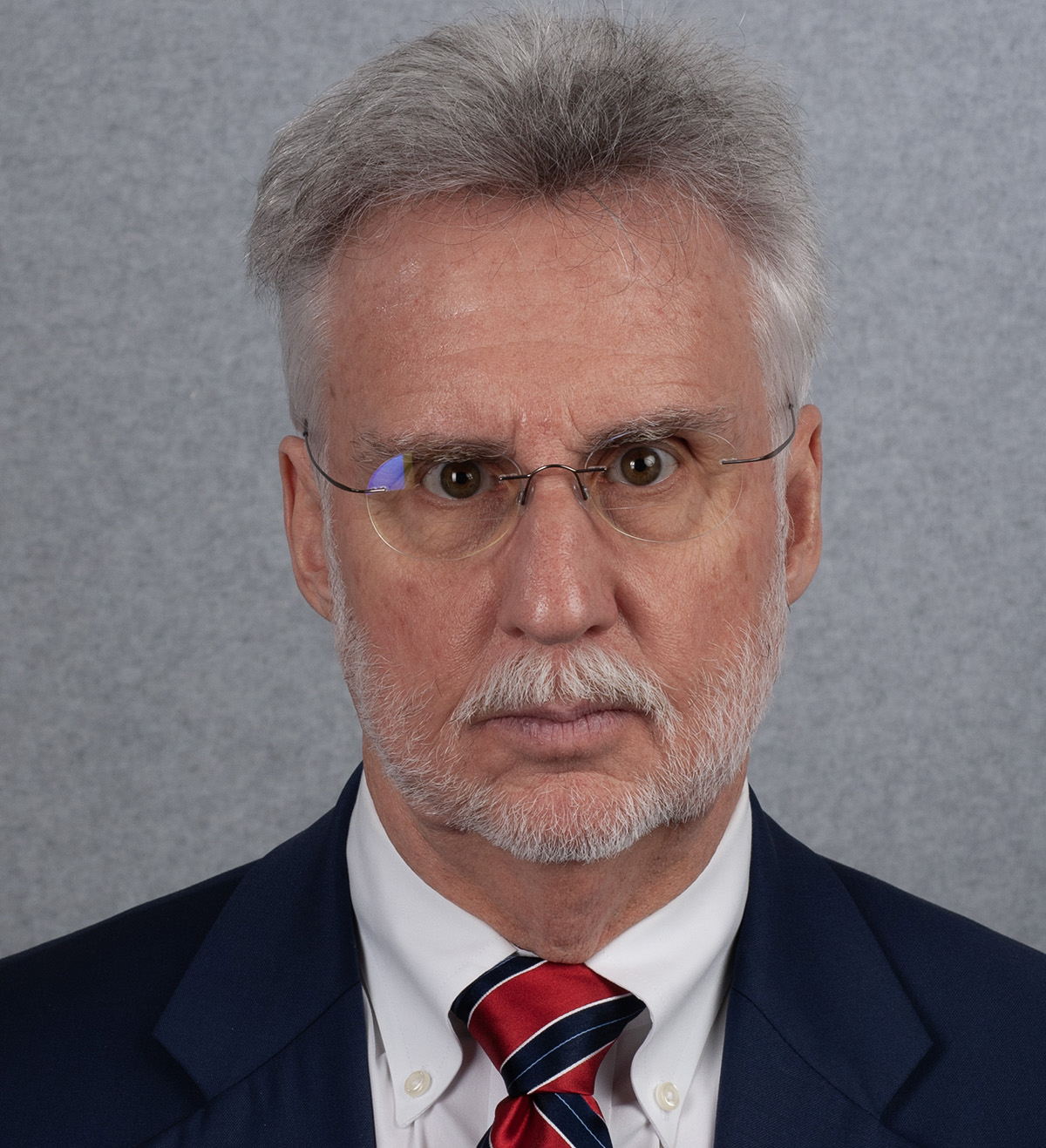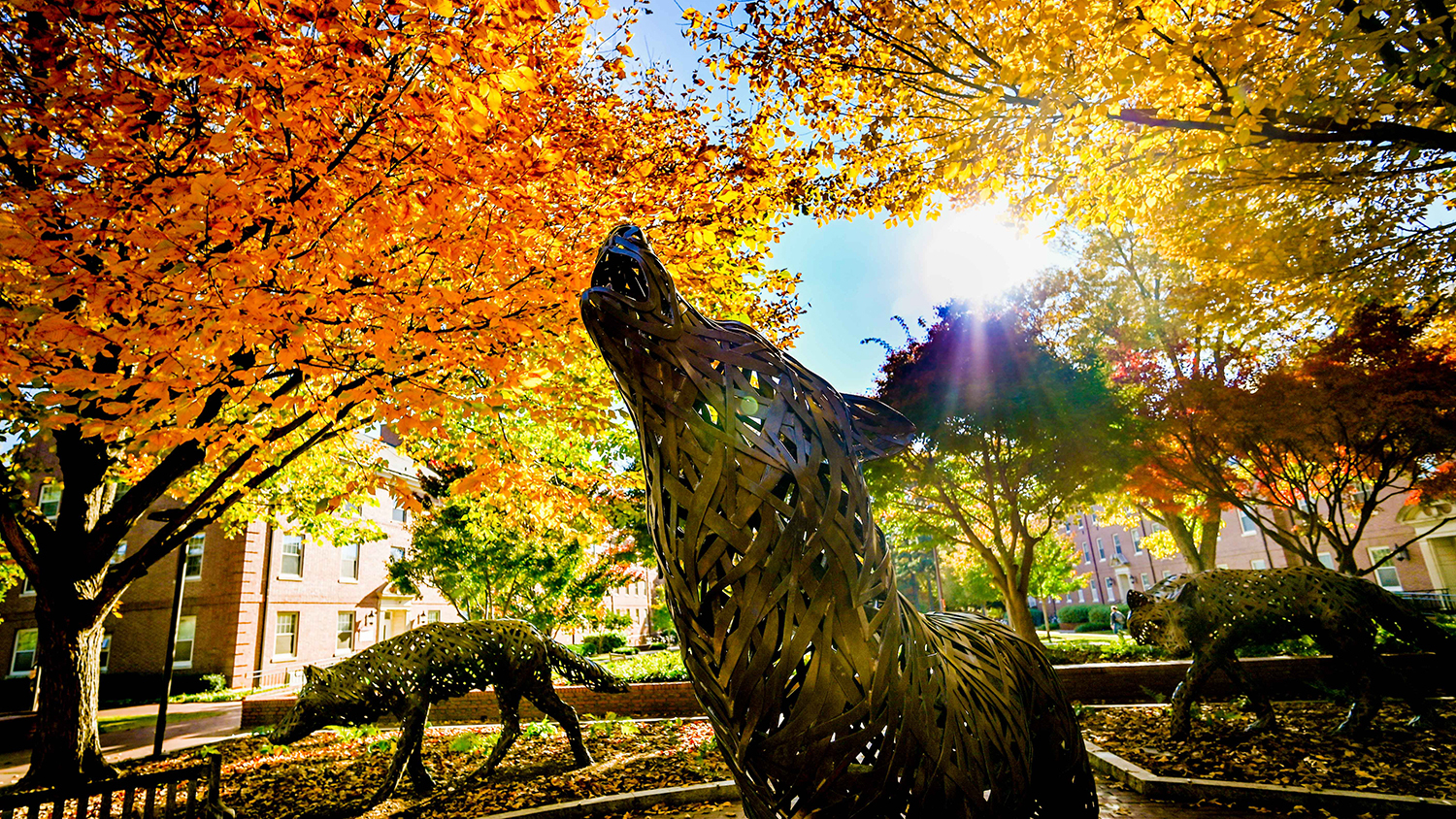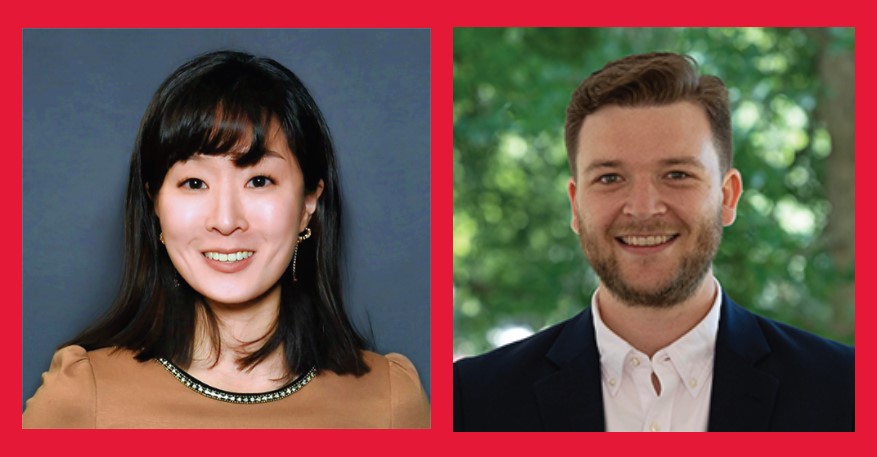William C. Chandler, the First Ph.D. Graduate in Public Administration
Reflections and wisdom from this 2001 Ph.D. Graduate

William C. (Bill) Chandler, (Ph.D., 2001) was the first student to graduate with a Ph.D. in public administration from NC State and has been a sworn law enforcement officer in North Carolina for more than 47 years.
A retired director of the North Carolina Alcohol Law Enforcement Division (ALE) in the Department of Public Safety, he currently serves as a reserve narcotics agent for the city of Sanford Police Department, where he consults on alcohol enforcement and regulatory matters for the Sanford-Lee County Alcoholic Beverage Control Board. He also serves as a reserve specialist investigator with the Wake County Bureau of Forensic Services, where he conducts background investigations for sworn law enforcement positions and the Wake County District Attorney’s Office. In addition to these duties, he has trained supervisors and managers in the bureau on how to conduct background checks and assists the director of the bureau with hiring and promotion processes. Recently, he designed and managed a promotional assessment center for a supervisory position within Wake’s Crime Scene Science Division.
We asked him about his life in public service and advice for future Ph.D. students in the program.
1. What is your favorite part of public service?
My favorite part of public service is working to enhance the efficiency, effectiveness and responsiveness of public agencies and their employees to the citizens that they serve. I believe that public service has to be a careful balance of these three concepts. I define efficiency as “doing the thing right,” effectiveness as “doing the right thing,” and responsiveness as “doing what the citizens want or need.”
Unfortunately, many people today believe that government has to be managed like a business. Government, by definition, is not always able to be efficient. Efficiency is important, but it’s not always the most important driver of public sector agencies and is often in conflict with the agency’s mission or specific activities. I don’t want to downplay efficiency as a proper approach towards public funds and resources — as they should always be in the forefront of the public manager’s mind — but this is not always possible.
Government agencies should strive to be effective in carrying out their duties and to design performance measurements that show how effective they are in performing those duties or providing those services. That said, there are times when agencies and their leaders have to realize that effectiveness and efficiency have to take a back seat to being responsive to the citizens they serve. At times, being responsive to the needs of the citizenry is neither efficient nor effective. Still, we need to do the job. A successful public manager has to carefully balance these three ideas and to adjust which should be pursued at the given time according to each circumstance.
I always tried to instill in government employees that they are public servants, not merely doing a job. When I was appointed Director of the North Carolina Alcohol Law Enforcement Division, I challenged the agency’s employees to ask themselves at the end of the day’s work, “What did I do for the citizens of North Carolina today?”
One of the programs that I developed which furthered this idea was the “Community Betterment” project that I ran with ALE Special Agents. They were given the time and resources to develop individual or group enforcement, regulatory, training or community outreach projects that would have a positive impact on their local communities. In other words, they made their communities a better place to live.
2. How did the NC State Ph.D. program assist you in your career path and goals?
As I am a graduate of both the Ph.D. and MPA programs at NCSU (I also earned my B.A. in Political Science at NC State and am a graduate of the Administrative Officers Management Program), I have to credit both graduate programs in informing my management, training, consulting and teaching activities. The MPA program provided the management and administrative fundamentals that I used every day as a supervisor, manager and agency head. The Ph.D. program gave me the research skills to evaluate the successes and failures of the programs that the agency oversaw. It taught me to design and employ performance measures which assessed the various program’s successes or deficiencies rather than merely “counting widgets.”
The Ph.D. and MPA programs provided the foundation for the supervisory, management and executive positions that I held. These programs also provided me with the skills to design and manage hiring and promotional assessment centers. They also prepared me for my training and teaching activities. The Ph.D. program provided the foundation for my use of empirical research to drive program activities and in establishing performance measures to assess success by individuals and the agency as a whole.
Perhaps the most important lesson I learned at NCSU was that executives and senior management have to take a “20,000-foot” view of their agencies and activities. It is important not to get bogged down with minutia or micromanaging every aspect of your agency; rather, empower your subordinate managers to oversee the day-to-day operations.
3. What advice would you give to students now arriving in our program?
First, keep an open mind. Think for yourself and don’t just accept everything that you are told as “set in stone.”
Perhaps the most important component of a research doctorate is to contribute to and expand the body of knowledge in your specific research and teaching area. Respect those who teach you and those who have come before you but question your faculty and their ideas in a professional manner. By doing this, you can contribute to that body of knowledge.
Second, strive to learn something new every day. Learn from your professors, from your fellow students and later on, from those that you teach. Always remember that just because you have a Ph.D., doesn’t mean you know everything. A mentor once told me that if you don’t learn as much from your students as you teach them, then you have not done a good job. That means don’t just lecture, discuss.
Third, and perhaps the most crucial thing for a student to accomplish early in their program is to start thinking about their research focus and dissertation. I was the first in my class to graduate, but not because there is anything special about me. I was able to finish first because I “fell into” my research and data — as my agency obtained a research grant and did not know how to properly execute the research.
The main reason that many people never finish their Ph.D. program is because they get behind on their dissertation and requisite research. There is a reason that those who drop out after they complete the course work are called ABD (all but dissertation).
4. Anything else you would like to share?
Dr. Jim Svara, our first Ph.D. program director and former Department Chair, told us on the first day that a Ph.D. Program is a marathon, not a sprint. Students should enjoy their time in the program and work on developing relationships that will serve them well during the rest of their careers. Remember, you have a life outside of the program while you are there and a life outside academia once you finish your Ph.D.
- Categories:


